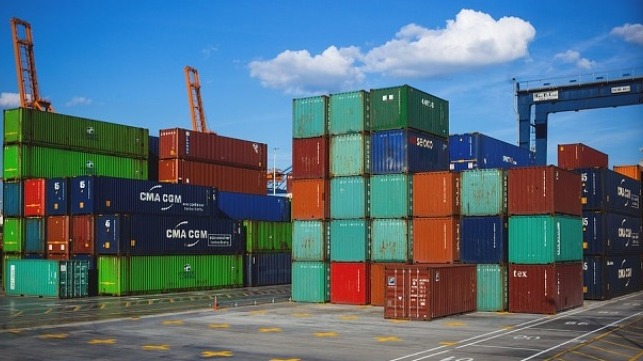FIATA Guidelines to Forwarders on Abandoned Goods

The International Federation of Freight Forwarders Associations, which represents more than 100 national associations and 5,500 freight forwarding and logistics companies, has released its new guidelines in dealing with abandoned goods. The guide is intended to help freight forwarders in dealing with the exercise of liens, confiscation and claims by shipping lines.
These guidelines are the result of a multi-jurisdiction study by ABLM, the legal subcommittee of FIATA [note: the author is a member of ABLM].
Shipping lines do not often deal with the shipper or consignee directly, but rather through the intermediary role of the freight forwarder. Abandoned goods, or uncollected goods, are those which the consignee has shown no intention to take delivery of after a reasonable period. This may include situations where the consignee cannot be found or has refused collection.
It can also arise where the shipper and consignee misdeclare the cargo description to avoid duties or to disguise its contraband nature, causing the authorities to detain both the cargo and the carrying container.
These incidents have been a perennial challenge for freight forwarders, who face claims by the shipping lines once the shippers and consignees of the cargo do not respond. The shipping lines can also invoke their contractual rights in the bill of lading to enforce contractual lien over the cargo inside. This is not always a solution when the cargo is perishable or worthless.
The situation is complicated further due to the practice of issuing two sets of bills of lading - a house bill of lading by the forwarder and a master bill of lading by the shipping line. This means that the shipping line does not deal with the actual consignee, but the forwarder. At the port of destination, the forwarder is normally named in the bill of lading as a releasing agent. Where the freight forwarder is named as the shipper on the ocean bill of lading, this establishes a direct contractual connection as a principal to the contract for carriage, who would then have a contractual liability towards the shipping line for any associated costs.
In other instances, carriers may try to recover charges from freight forwarders based on widely worded merchant clauses, a contentious practice which runs contrary to ordinary contract law principles. It should be noted that the latter practice is currently under investigation by the U.S. Federal Maritime Commission (FMC), to which FIATA, through its ABLM and Working Group Sea Transport, has provided input.
Philip Teoh is a practicing lawyer and partner, and he is the head of the Insurance, Shipping, International Trade and Arbitration Practice at Azmi & Associates Malaysia. He has been in legal practice in Singapore and Malaysia for over 30 years and is an international arbitrator with several international arbitration centers of AIAC, ICC, SCMA, LMAA, KCAB, AABD, Brunei, CAAI Taiwan, LCIA.
The opinions expressed herein are the author's and not necessarily those of The Maritime Executive.
